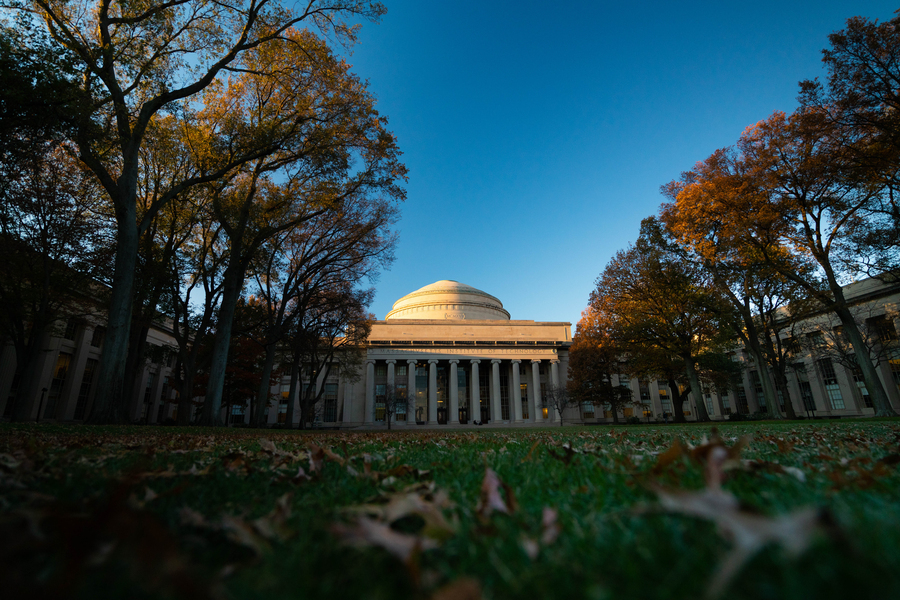MIT Civil and Environmental Engineering students awarded NSF Graduate Research Fellowships

Two graduate students in the MIT Department of Civil and Environmental Engineering were named fellows of the prestigious 2024 National Science Graduate Research Fellowship Program.
Audrey Parker and Isabella Stewart were among those selected to receive the five-year fellowship to support their research.
“This recognition from NSF is a testament to the outstanding work and dedication of these graduate students in addressing important societal challenges,” says Ali Jadbabaie, JR East Professor and Department Head of Civil and Environmental Engineering. “Through this fellowship, they are provided the necessary resources to continue their research in civil and environmental engineering, from mechanics and materials and structures, to systems and operations and infrastructure networks, to climate and environmental science and engineering as well as society as a whole.”
Audrey Parker is pursuing her doctorate degree in civil and environmental engineering with faculty advisor and Associate Professor of Civil and Environmental Engineering, Desirée Plata. Originally from Boise, Idaho, Parker received her bachelor’s degree in materials science and engineering from Boise State University. Her research explores advanced greenhouse gas abatement strategies, specifically focusing on methane removal via methods of heterogeneous catalysis. Her work aims to streamline pathways to mitigate climate change by bridging gaps between materials science and environmental engineering.
Isabella Stewart will begin her doctorate degree in civil and environmental engineering in the fall of 2024 with faculty advisor and Jerry McAfee Professor in Engineering, Markus Buehler. Stewart, originally from Scarsdale, New York, received her bachelor’s degree in chemistry from Wellesley College. As an undergraduate student, she was extensively involved in musculoskeletal translational research at Beth Israel Deaconess Medical Center (BIDMC). She completed her undergraduate thesis on computational models of osseointegration of metal implants. She is currently involved in research at BIDMC, completing work on biomechanical testing of mice femora, and she is developing novel silk-based biomedical implants at Tufts University. In her graduate work, she hopes to continue to leverage the strengths of in-silico predictions and in-vitro experiments to overcome challenges in tissue and bone reconstruction.
The NSF Graduate Research Fellowship Program (GRFP) provides up to three years of support for each awardee’s graduate education, including a $37,000 annual stipend, a cost-of-education allowance of $16,000 to the institution, as well as opportunities for professional development.
The purpose of the NSF GRFP is to help ensure the quality, vitality, and diversity of the scientific and engineering workforce of the United States. The program recognizes and supports outstanding graduate students who are pursuing full-time research-based master’s and doctoral degrees in science, technology, engineering, and mathematics.
Share on Bluesky


